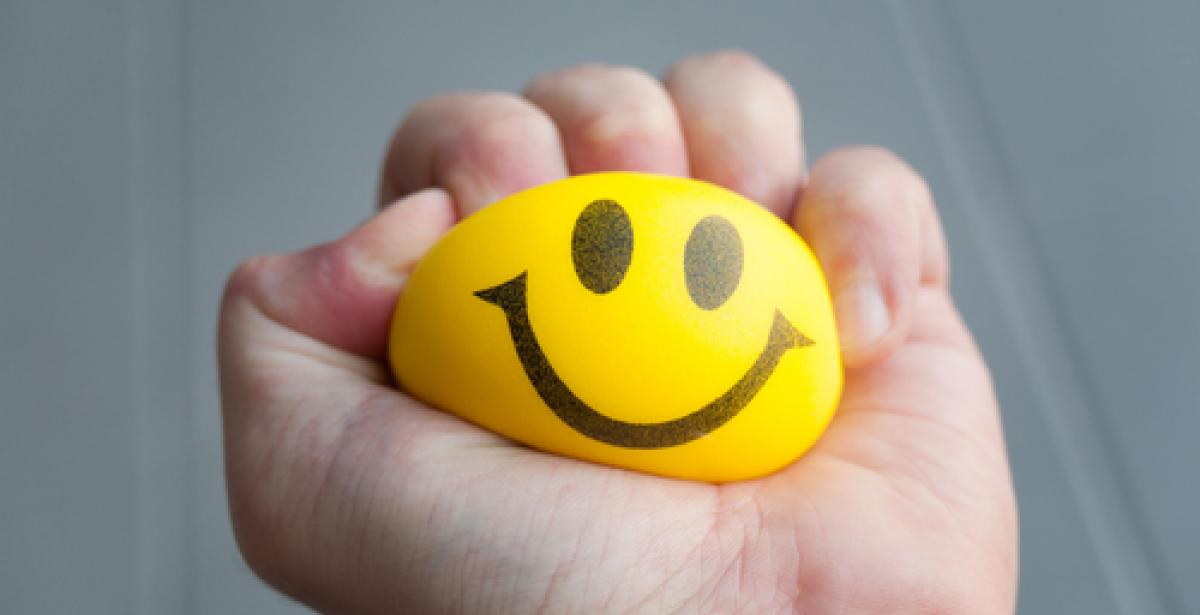It may surprise you to understand that biological pressure is a relatively recent discovery. It was not until the late 1950s which endocrinologist Hans Selye first recognized and recorded stress.
Indicators of anxiety existed before Selye, however, his discoveries resulted in new study which has helped countless cope with anxiety. We have compiled a listing of the top 10 ways to ease stress.
1. Listen to music
If you are feeling overwhelmed with a stressful position, consider taking a rest and listening to relaxing music. Playing serene music has a beneficial impact on the mind and body, may reduce blood pressure, and decrease cortisol, a hormone associated with anxiety.
We advocate cello master Yo-Yo Ma playing Bach, however when classical actually is not something, consider listening to sea or character sounds. It might sound cheesy, but they have comparable calming effects to audio.
2. Talk it out with a friend
If you are feeling stressed, have a rest to call a friend and discuss your own problems. Great connections with friends and loved ones are significant to some healthy lifestyle.
They are especially important once you’re under a great deal of stress. A reassuring voicefor a moment, can place everything in view.
3. Talk yourself through it
Sometimes calling a buddy isn’t an alternative. If that is the situation, speaking calmly to your self might be the next best thing.
Do not be concerned about appearing mad — just educate yourself why you are stressed out, what you need to do in order to finish the job at hand, and most of all, that everything will be fine.
4. Eat right
Stress levels along with a nutritious diet are closely associated with After we’re overwhelmed, we often neglect to eat well and hotel to utilizing sugary, fatty snack foods as a pick-me-up.
Stay away from sugary snacks and plan ahead. Vegetables and fruits are almost always great fish with elevated levels of omega-3 fatty acids have been proven to decrease the signs of anxiety.
5. Laugh it off
Laughter releases endorphins which improve mood and reduce levels of their stress-causing hormones adrenaline and cortisol.
Our proposal: see some classic Monty Python skits such as”The Ministry of Silly Walks.” Those Brits are so humorous, you are soon going to be dividing, instead of dividing up.
6. Drink tea
A huge dose of caffeine triggers a temporary spike in blood pressure. It might also lead to your own hypothalamic-pituitary-adrenal axis to move into overdrive.
It’s less than half the caffeine of coffee and comprises antioxidants that are healthy, in addition to theanine, an amino acid which has a calming effect on the nervous system.
7. Be mindful
The majority of the tips we have suggested provide instant relief, but additionally, there are many lifestyle modifications that could be effective in the long term. The idea of”mindfulness” is really a massive portion of meditative and somatic approaches to psychological health, and it has become popular lately.
From yoga and tai chi to Pilates and meditation, all these systems of mindfulness include psychological and physical exercises which prevent stress from becoming a problem. Consider joining a course.
8. Exercise (even for a minute)
Have health questions? Connect using a board-certified, seasoned physician online or by telephone. Pediatricians and other experts available 24/7.
Exercise does not necessarily imply power lifting in the gym or training for a marathon. A brief walk around the workplace or just standing up to elongate during a rest on the job can provide immediate relief at a stressful circumstance.
Getting your blood going releases endorphins and may enhance your mood nearly immediately.
9. Sleep better
Everybody knows anxiety can make you eliminate sleep. Unfortunately, lack of sleep is also an integral source of anxiety. This vicious cycle induces the body and brain to get out of whack and just gets worse with time.
Switch the TV off sooner, dim the lights, and also give yourself the time to unwind before going to bed. It might be the best stress buster on the list.
10. Breathe easy
The information”take a deep breath” might look as a cliché, but it stays true in regards to stress. For centuries, Buddhist monks are aware of willful breathing through meditation.
For a simple three- to high-intensity workout, sit in your seat with your feet flat on the ground and hands-on top of your knees. Breathe in and out slowly and deeply, concentrating in your lungs as they expand completely on your torso.
While shallow breathing induces anxiety, deep breathing oxygenates your blood, helps center your entire body, and calms your mind.
Know more about pressure relief
Anxiety is an inevitable part of daily life, but it does not mean that you should ignore it. Too much untreated stress can lead to potentially severe physical and psychological health issues.
The fantastic thing is that in several instances, anxiety is manageable. With some patience and a couple of helpful strategies, you may lower your stress, while it’s household stress or even strain at the office .


